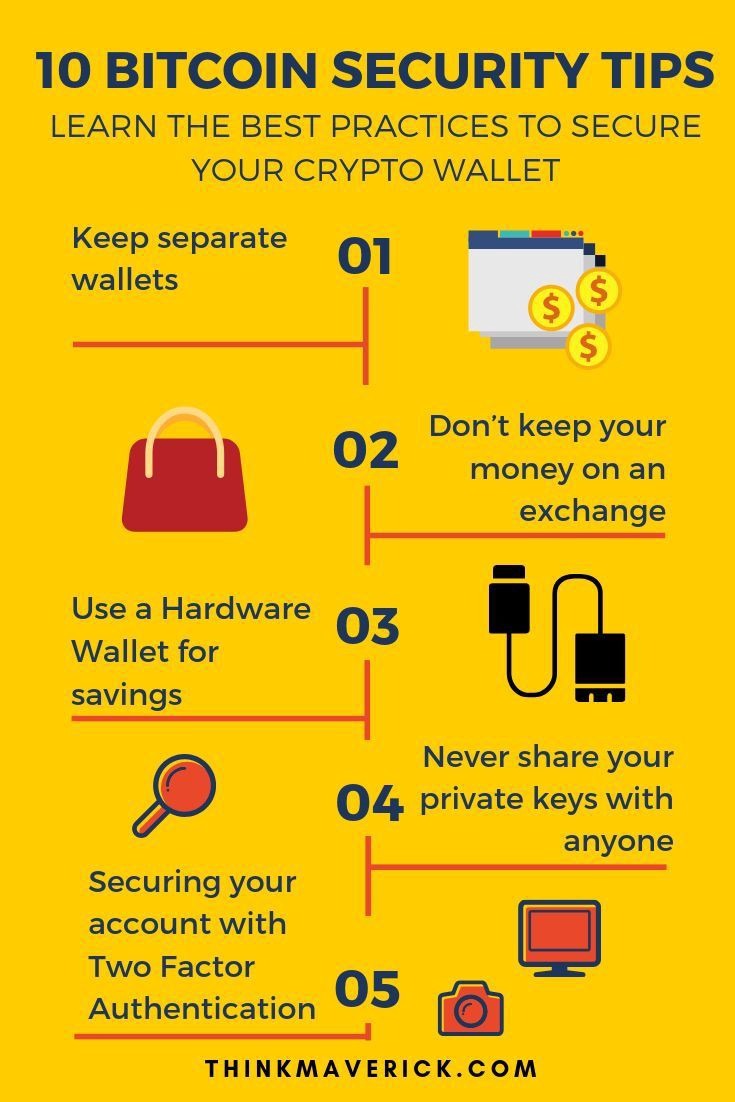Fake Exchanges
The term ‘fake’ if introduced with the word exchange, can make anyone go frantic as consumers entrust their millions of dollars with them. Crypto markets are rife with nefarious activities that have duped many investors claiming to be Exchanges with extremely competitive prices. Investors looking for a potential opportunity are lured into thinking they are getting a particular asset at the most reasonable price and end up losing their investment. You’ve got to make sure that you are using a reputable exchange for trading crypto assets.
Free Giveaways
A classic scam that requires users across the internet to take part in a contest which results in, you guessed it, a fraud. These giveaways promise to send some bitcoins or other digital currencies in exchange for personal information or a small deposit into a random address. If investors buy into the claim, they end up losing their digital assets and sell their identities just like that. It is advisable not to entertain such activities and report them firsthand. You simply cannot avoid this as it is so promising that you would voluntarily sell yourself over to some impostor. Take the recent twitter hack, for instance, which fooled hundreds of investors, and they ended up sending millions of dollars to the addresses of some famous personalities.
Blackmail
Upfront threats called blackmailing are executed throughout the world. You get an email/call claiming that your pc is hacked. If you don’t send a certain amount of cryptocurrencies to the given address, they will forever brick your computer or sell your details all over the internet. Petrified, the user quickly does what has been mandated by the person on the other end and sends his crypto to the address given. It is not as scary as it sounds as your system doesn’t need to have been hacked. The popups, emails and calls play a trick on you and want you to believe into it by scaring you.
Impersonation
Perhaps the most common trick to dupe people is the impersonation of someone recognised as a prominent face in the industry. Con-artists use an account similar to the authentic one and publish misleading content which most of the followers buy. The account looks strikingly identical to the original author, which gives a sense of the information being legit. Private and direct messages to user’s accounts compromise their data, and people end up losing their money to the upright scam. It is better that you cross-check the authenticity of the social account or the information that is before your eyes. Do not take action until you are sure that nothing is fishy.
Malware
Hackers, being quite smart, know ways to manipulate the tools on the web at their behest. They can change the entire address you’re sending your crypto to by using malware programs. Once you copy an address and paste it into the recipient’s box, it gets changed to the address of the hacker. You unknowingly send the amount to the hacker you think you sent to your chosen contact or address. Since crypto transactions cannot be revoked, there is no chance you’re getting the amount back once it gets verified on the blockchain. You need to be super-cautious while transacting on the internet. Verify the address several times before initiating a transaction, and it will prevent you from sobbing over your lost assets.
Money Transfer Frauds
Money transfer frauds are so promising that they lure people into believing that the person on the other side will send them a portion of their assets if they help them move some money to a bank account. Scam artists tell you that they need to move a massive amount of money using your bank account, and if you help them, they will gift a portion of that money as a courtesy. Do not fall for that scam as nobody will share a considerable amount of their money with you just because you helped them.
Phishing
- Emails – Websites
Phishing is another underhand tactic to steal your passwords and identifiable information. It is executed by persuading you to click on a suspicious link. The link is usually sent to your email or on a website while you are browsing. The contents of the link inform you of a potential threat to your security. Scared, the user clicks on the given link, and his Pc gets compromised by the hacker on the other end. They then start extorting money in exchange for the personal information of the user. It is advised that users holding considerable amounts of crypto should not click links abruptly without verifying them. Don’t open unsolicited emails and report them as spam. No one is generous enough to help you out of the blue, and you’ve got to remember that.
HYIP
- Ponzi schemes – Pyramid Schemes
The most used tactics to dupe investors throughout the world are Ponzi and Pyramid schemes. Ponzi or pyramid schemes are investment plans which require a minimum investment with the promise of high growth and returns over a short period. This plan works in a pyramid structure wherein the investors need to create a unique team as his direct referrals to increase his earnings. All the money invested in this scheme keeps ascending to the original account holder that sits at the top while the investors get nothing. The SEC has put a leash on such schemes and has advised investors to refrain from investing and prevent potential losses. One can use scam alert and bitcoin abuse for verifying the addresses used in these schemes as they contain spam reports by whistleblowers and other users who have had prior experience with such plans and offerings.
Ransomware
Crypto-ransomware is a type of harmful program that encrypts files stored on a computer or mobile device to extort money. The interesting part is that ransomware does not just target unsuspecting users, but they can extort money from large corporations and organisations. Ransomware is a kind of a trojan or malware that hacks into a company’s systems, locks them out, copies their confidential information including customer databases, financial information and more. The perpetrator then asks a huge sum of money form the company to get the access back to their data. Their data can only be retrieved if they pay to the hackers; otherwise, they end up losing their valuable data in an instant. Most notable ransomware attacks have had companies suffer huge losses both in information and money.
Shitcoins
Shitcoins are just another useless crypto projects that eat away the liquidity of a given market. These projects don’t have any future potential and just eat away the investments of the investors. Shitcoins are small-cap altcoins which are not backed by any fundamental concept and bring no value to its investors. These coins are available even on the prominent exchanges, and beginners have a hard time evaluating them. Investors think that the price will surge; instead, it tanks eventually.
Be a smart investor; learn with TradeDog.









